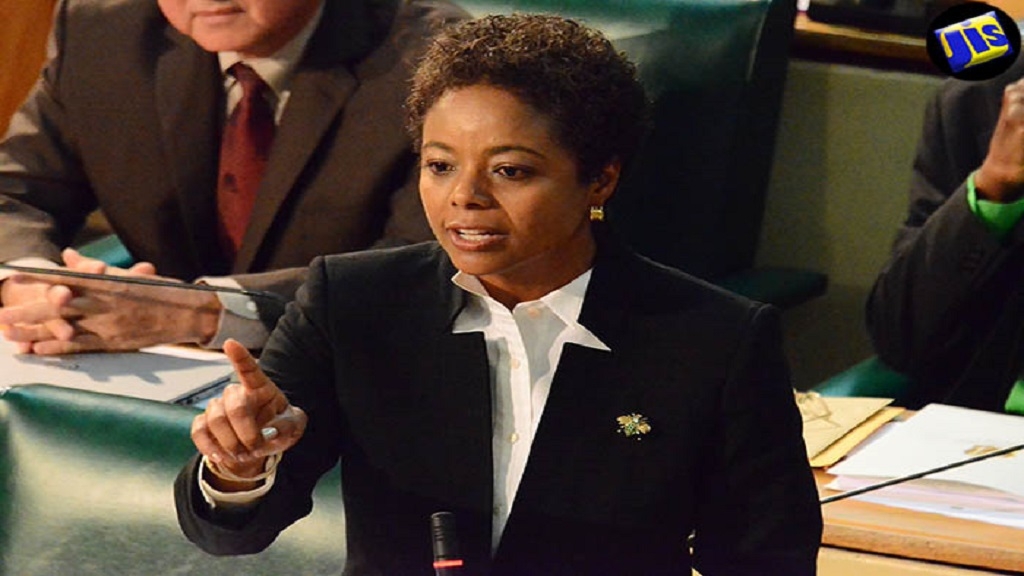Minister of Legal and Constitutional Affairs, Marlene Malahoo Forte, has indicated that King Charles III, who she reminded is still the "King of Jamaica", should consider removing the visa requirement for Jamaicans to currently take cases to the United Kingdom Privy Council.
Malahoo Forte, speaking at last week's Constitutional Reform Committee (CRC) town hall meeting in Mandeville, Manchester, said the removal of such a restriction would likely only be in place until the country decides where its final appellate court will be held.
"I absolutely take offence that we need a visa to utilise the Privy Council, and I think the Government formed in the name of His Majesty, King Charles III, King of Jamaica, should reconsider this issue until we make our determination," she declared as members of the audience erupted in applauses.
"I really think it's objectionable," said Malahoo Forte amid further clapping from the audience, which seemingly signalled agreement with her position.
She disclosed that her views on the UK visa element were her own, not those of the Government.
The minister made the overall comments while responding to a question on whether Jamaica would formally remove the Privy Council as it final appellate court.
Malahoo Forte indicated that she has an "open mind" on whether Jamaica should separate itself from using the Privy Council as its final appellate court during the current constitutional reform process, which is seeking to have Jamaica become a republic by removing the British monarch as the head of state.
She said it is a question the CRC "will have to confront head-on".
However, she advised that the matter of Jamaica's final court is not in the first phase of the constitutional reform process, because "the process to change that does not require a referendum, and secondly, there is no consensus (On that matter) at this time."
The Opposition People's National Party (PNP) and several stakeholders in the legal profession have been long calling for Jamaica to finally sever ties with the Privy Council, and have the Caribbean Court of Justice (CCJ) as its final court.
Other individuals have suggested that Jamaica should set up its own final court, despite Jamaica reportedly now contributing millions of US Dollars in funding to the CCJ.
Malahoo Forte acknowledged the various options on the table for Jamaica's final court, and promised that the CRC will "work and hear the views... head-on" in "the second phase of the (CRC's) work".
Added the minister: "The Opposition has made it very clear what their preference is, and I have indicated that I come to the table with an open mind."
In chiming into the discussion, one of the Opposition's representative on the committee, Senator Donna Scott-Motley, confirmed too, that the issue of Jamaica's final court is "probably the greatest bone of contention" between the Opposition and the Government at this time.
She, however, remains adamant that if Jamaica should become a republic, the Privy Council must be removed as the island's final appellate court, severing once and for all, an element of colonialism.
Scott-Motley suggested that the CRC should "put it on the table now" by stating the options for the final court, so citizens could decide.
"I can put it no higher than to say this is a matter that we will have to discuss frontally," stated Malahoo Forte in response.

